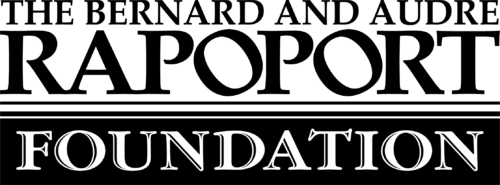We are now in an election year when a vast range of issues, from war to healthcare, that affect Americans come to the forefront of their decision-making in the voting booth. Alarmingly, a survey by Gallup and the Knight Foundation found that the level of trust in the media that covers these issues is so low now that about half of the American public believes national news organizations intend to deceive them. In a trend that is sure to grow, a whopping 58% of those surveyed also say that they get their information online.
While the Internet, social media, and generative artificial intelligence tools makes information quick and easy to access, often claims are made without sources to support them, and their credibility can be tainted by biased agendas. ChatGPT can also hallucinate sources and generate content that has no basis in fact. At the same time, a recent NPR/Ipsos poll found that Americans across the political spectrum feel the country is in crisis and at risk of failing. With the rise in civil unrest and discussions of civil war, the need to spread neutrally presented information that can be trusted is all the more urgent.
In this era where information is abundant but accuracy is often compromised, it is crucial to equip the next generation of leaders with the skills to discern reliable sources and contribute to the creation of factual knowledge. This is especially key to maintaining the integrity of Wikipedia, which consistently ranks in the top ten of all online search results and is largely trusted by the public. Indeed, Wikipedia is free from advertising or the influence of private interests that can distort other online and social media sites.
 Wiki Education has partnered with the Bernard and Audre Rapoport Foundation to foster a more informed, digitally literate citizenry who reads and edits Wikipedia and participates in civic society.
Wiki Education has partnered with the Bernard and Audre Rapoport Foundation to foster a more informed, digitally literate citizenry who reads and edits Wikipedia and participates in civic society.
“On behalf of the Rapoport Foundation, we are pleased to support Wiki Education with a $25,000 grant for the Wikipedia Student Program, and we look forward to learning from this partnership over the course of 2024,” said Jenny Peel, Rapoport Foundation Program Officer.
Wikipedia’s rigorous rules and guidelines on writing with neutrality and citing reliable sources have been refined over two decades by the volunteer editing community. Our Wikipedia Student Program teaches students how to follow these strict policies to improve their research and digital media literacy skills. The support from the Rapoport Foundation will help us serve 800 students in 40 courses at universities and colleges across the United States as they learn to tackle misinformation on Wikipedia and hone their ability to detect it. Students will edit or create at least 670 articles that we expect to receive more than 7 million views by the general public, including policymakers, journalists, and more.
Getting information right on Wikipedia can have huge ramifications. Recent research has found articles have the power to influence our democracy and rule of law. When researchers analyzed judges’ decisions out of Ireland’s lower courts, they discovered that the cases with Wikipedia articles were 21% more likely to be cited as precedents and that lower courts drew on Wikipedia articles in framing these precedents and their meaning to make their decisions. The reliance on Wikipedia—used to shape and dictate the way of life in America and abroad—can have a reverberating impact for generations.
In collaboration with the Rapoport Foundation, Wiki Education recognizes this significance and is building a foundation of trust and accuracy in the information landscape. We are immensely grateful to the Rapoport Foundation for their timely support of this work to improve the desperate state of our democracy.
For more information, please contact:
Kathleen Crowley
Director of Donor Relations
kathleen@wikiedu.org
Rapoport Foundation logo used courtesy Rapoport Foundation, all rights reserved.
